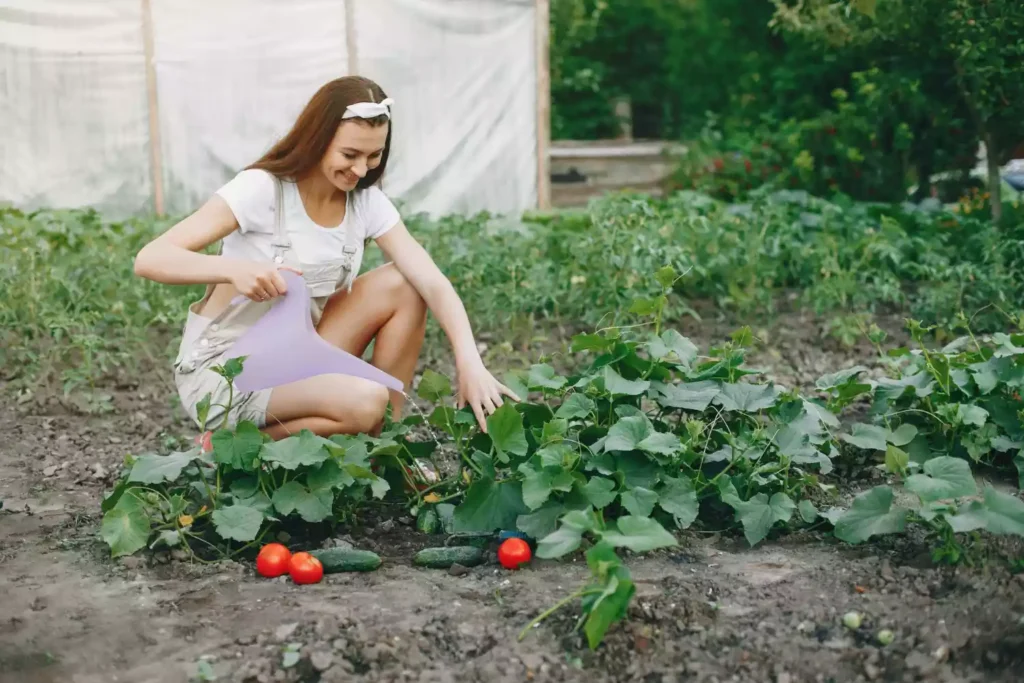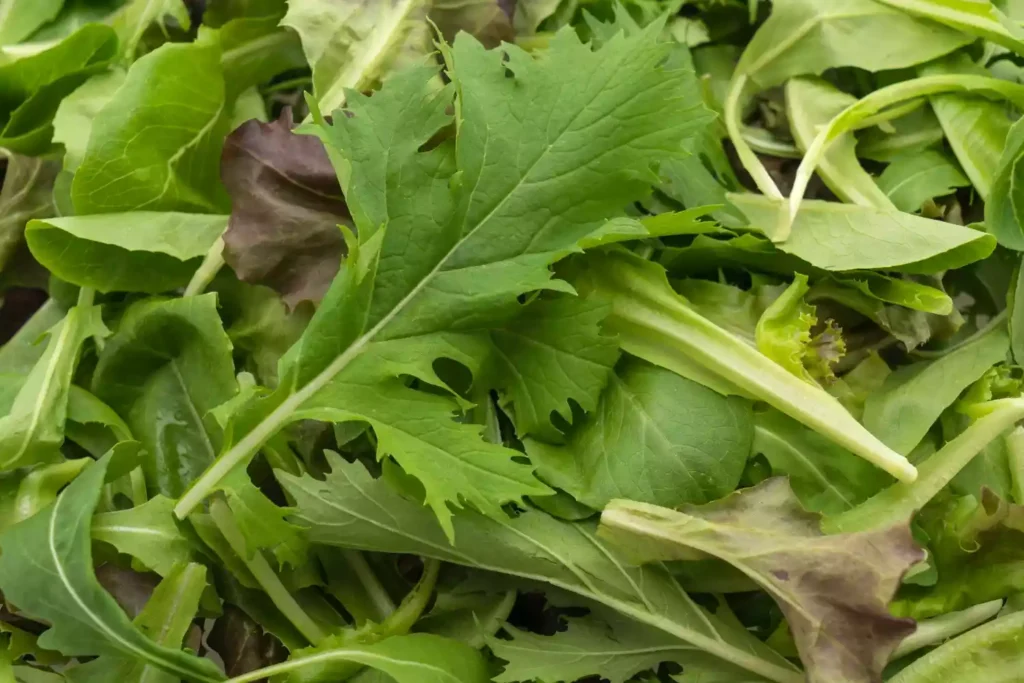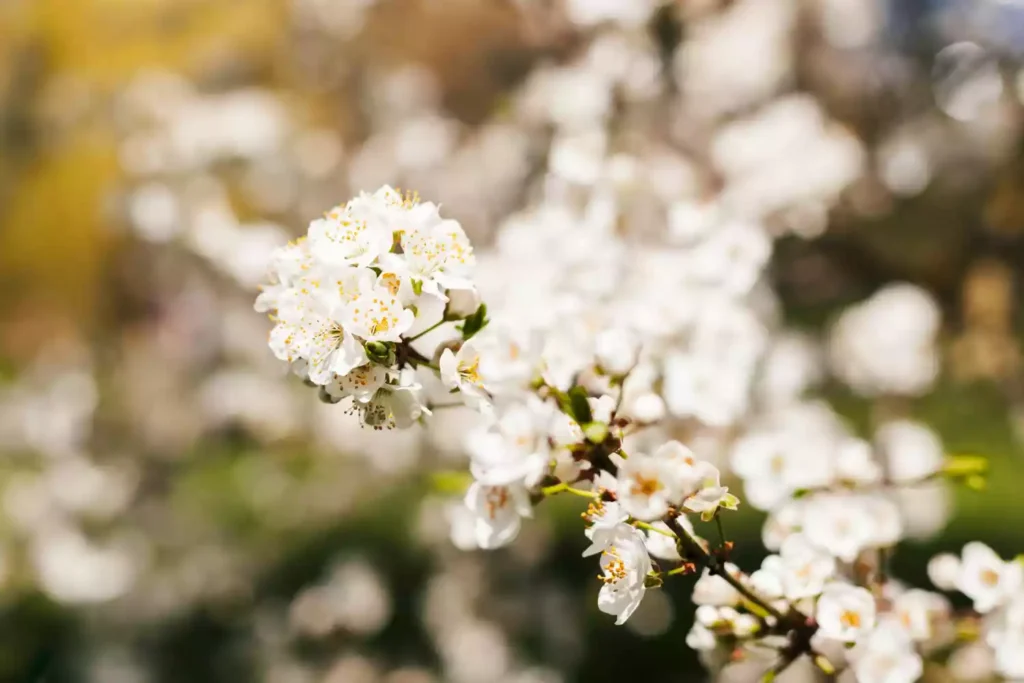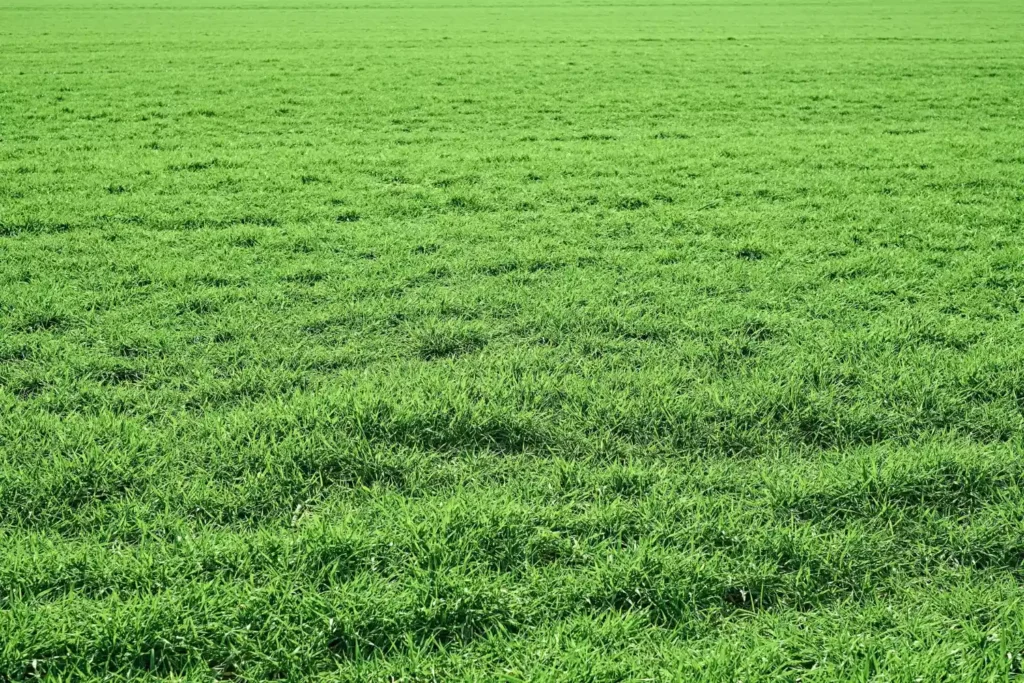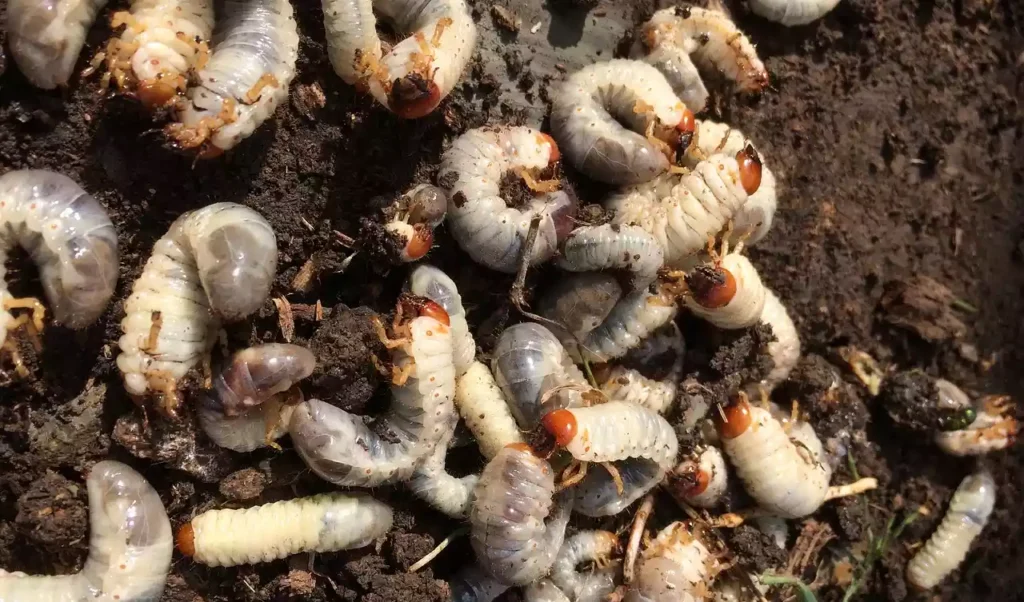As someone who is passionate about sustainable agriculture and gardening, I have often wondered about the key differences between compost and manure. While both can be effective in improving soil fertility, they have distinct compositions and uses that can greatly affect plant growth and health.
In this article, we will explore the nutritional and mineral differences between compost and manure, as well as their safety in the garden and when to use one over the other. Whether you’re a farmer or a hobby gardener, understanding the differences between compost and manure can help you choose the right fertilizer for your plants, avoid potential health risks, and improve the overall health of your soil.
Key Takeaways
- Manure is typically animal dung and is more nitrogen-rich and acidic than basic nitrogen.
- Compost is typically made from plant material and is safer to use than manure to avoid ammonia burns and food poisoning.
- Choosing between compost and manure depends on what is being grown, as different plants have different nutrient needs.
- Both manure and compost are important for soil fertility and plant growth in agriculture, horticulture, and urban agriculture, but they have different compositions and uses.
What is compost?
You can create a nutrient-rich soil conditioner by decomposing plant and food waste, including recycling organic matter, resulting in a mixture that can improve soil fertility in gardens, agricultural landscapes, horticulture, and urban agriculture. This mixture is called compost.
Compost is a type of manure that’s formed from decomposing plant and food waste. It’s a mixture of various components, including animal dung and bedding material. However, compost typically has a plant origin. The decomposition of these materials results in a mixture that’s rich in plant nutrients and beneficial organisms, such as worms and fungal mycelium.
Compost can act as a soil conditioner and increase the content of the humic substance in soil. It can also introduce new bacterial colonies to the soil, which can suppress pathogenic species in the soil. Overall, compost is an excellent option for improving soil fertility and is a valuable tool for sustainable agriculture and soil management.
What is manure?
Manure is a nutrient-rich organic fertilizer made from animal dung, and it is essential for promoting soil fertility and healthy plant growth. It is an excellent source of nitrogen, phosphorus, and potassium, along with other essential minerals like magnesium, calcium, and sulfur.
However, the composition of manure varies depending on the animal and its diet. Different types of animal manure have different qualities and compositions, and their uses are different as well. For example, sheep manure is rich in nitrogen and potash, while pig manure has relatively low amounts of both.
It’s crucial to understand the nutrient content of the manure before using it in your garden, as overuse can lead to excessive calcium and burned roots. Fresh manure should be fully rotted before use, and understanding ammonia and sulfur content is also important.
Overall, manure is an excellent organic fertilizer that can improve soil health and promote healthy plant growth, but it’s important to use it properly and in moderation.
What is the difference between manure and compost?
If you’re wondering about the difference between manure and compost, it’s important to note that while both can add organic matter and nutrients to the soil, manure is a byproduct of livestock farming and typically contains more nitrogen and acidity.
It is made from a mixture of faeces and urine, and can vary in quality depending on the animal and their diet. Manure can also contain other components like compost and green manure, making it a versatile option for soil fertility.
On the other hand, compost is made from a mixture of various components like grass clippings, kitchen waste, and plant material. It is safer to use than manure to avoid ammonia burns, and is typically used as a slow-release fertilizer.
Compost can improve soil fertility in gardens, agricultural landscapes, horticulture, and urban agriculture. It is a mixture rich in plant nutrients and beneficial organisms, and can act as a soil conditioner to increase the content of the humic substance in soil.
Is there any nutritional difference between manure & compost?
You may be surprised to learn that there’s a significant difference in the way nutrients are supplied to your plants between these two soil additives.
While horse manure has more nitrogen, its potassium and phosphorous levels are virtually identical to compost. This means that both manure and compost can supply the necessary nutrients for your plants to grow.
However, the big difference lies in how these nutrients are supplied to the roots. Manure’s nitrogen is carried in ammonia, which has higher acidity than basic nitrogen. This means that the plant’s roots can take in its nutrients more easily in slightly acidic conditions.
In contrast, compost supplies nutrients in a slow-release fashion, which means that the nutrients are released over a longer period of time. This makes compost an ideal option for gardeners who want to provide their plants with a steady supply of nutrients over an extended period of time.
Is there any mineral difference between manure & compost?
Understanding the mineral content of manure and compost is essential for optimizing plant growth.
Manure from different animals contains varying amounts of magnesium, calcium, and sulphur, which are important micro-nutrients for plant growth.
Compost, on the other hand, contains these minerals in smaller quantities compared to manure.
This is because compost is typically made from plant material, kitchen waste, and cardboard, which have lower mineral content than animal waste.
Overusing manure can lead to excessive calcium and burned roots due to the high ammonia and sulphur content.
It’s important to allow fresh manure to fully rot before use to reduce the sulphur and ammonia content.
Compost, on the other hand, is a safer option to avoid ammonia burns and can be used as a slow-release fertilizer.
While manure and compost have different mineral compositions, they both play an important role in adding organic matter and nutrients to the soil, leading to healthier and more productive plants.
Is compost or manure safer in the garden?
When it comes to safety in the garden, it’s important to consider the potential risks associated with using manure. Particularly, hot manures like cow and horse manure can carry harmful bacteria like E. coli. While most E. coli are harmless, some strains can lead to kidney failure or food poisoning. It’s crucial to properly wash crops and prepare manure to avoid these risks.
To minimize the potential risks in the garden, compost can be a safer alternative to manure. Compost is a mixture of various components, including plant and food waste, that has decomposed over time. While compost can also harbor bacteria, it’s generally safer to use because it’s less likely to contain harmful bacteria like E. coli.
Additionally, compost can act as a soil conditioner and increase the content of humic substances in the soil. This can improve soil fertility and plant growth.
Does Alpaca manure contain E. coli?
It’s important to note that although alpaca breeders claim their manure has never caused E. coli infections, every mammal carries E. coli and can potentially pass on harmful strains, even alpacas. While there is no concrete evidence that alpaca manure contains E. coli, it’s always best to take precautions when handling any type of manure.
Regularly washing hands and properly composting or fully rotted manure can greatly reduce the risk of contamination. When it comes to choosing between compost and manure, it’s important to weigh the benefits and risks of each.
While compost is generally considered safer due to its decomposition process, manure can provide faster-acting nutrients and a wider range of trace minerals. Ultimately, the decision depends on the specific needs of your plants and the level of risk you’re willing to take.
Always handle manure and compost with care and follow proper safety guidelines to ensure a healthy and bountiful garden.
What works faster, manure or compost?
For gardeners looking to give their plants a quick boost, manure is like a shot of espresso for the soil. Its nitrogen release is incredibly fast-acting, making it a great option for crops of all ages. Unlike compost, which is typically used as a slow-release fertilizer, manure has a more direct impact on the roots of plants.
Compost, on the other hand, is a great option for gardeners looking for a more gradual and long-lasting impact on their plants. While it may not work as quickly as manure, it can act as a soil conditioner and increase the content of humic substances in the soil, which can improve overall soil fertility.
Additionally, compost is less likely to cause issues with burned roots or excessive calcium, making it a safer option for those who are new to gardening or unsure about the specific needs of their plants.
Should you use fertilizer or manure?
Deciding whether to use fertilizer or manure in your garden can be a tough choice, but understanding the benefits of each can help you make an informed decision.
Here are some key points to consider:
- Fertilizer is a fast-acting nutrient source that can provide plants with an immediate boost. However, it can be expensive and may not have a long-lasting effect.
- Manure and compost are slow-release fertilizers that can provide a steady supply of nutrients over time. They’re also more affordable and can improve soil structure and water retention.
- Fertilizer can be a good choice for container plants or for addressing specific nutrient deficiencies.
- Manure and compost are better suited for improving overall soil health and are a more sustainable choice for long-term garden care.
Ultimately, the choice between fertilizer and manure/compost will depend on your gardening goals and the needs of your specific plants. A combination of both may also be a good option. By understanding the differences between these fertilization methods, you can make an informed decision that’ll help you create a healthy and thriving garden.
When to use compost instead of manure?
Opting for compost instead of manure is a wise choice when growing root vegetables or starting seedlings due to its milder nutrient content. Manure can be too strong for these tender plants, causing strange reactions such as forking in carrots, parsnips, beetroot, and celeriac.
It’s best to sow root vegetables in pots of compost and sand for improved drainage and reduced nutrients. Additionally, annual fruits like tomatoes, aubergines, and cucumbers prefer compost over manure. Although manure can be beneficial for these plants when rotted, it may still be too strong for their success.
Compost provides a slow-release of nutrients that is perfect for general-purpose feeds, making it a versatile option for all types of plants. Overall, it’s important to consider the specific needs of each plant and choose the appropriate soil amendment accordingly.
When to use manure instead of compost?
Now that we’ve discussed when to use compost instead of manure, let’s talk about when to use manure instead of compost.
While both have their benefits, manure is particularly useful as a starter fertilizer for fast-growing annual crops like squashes, sweetcorn, and beans. These crops need to establish healthy root systems before they begin flowering and fruiting, and manure can give them the boost they need.
Salad crops also enjoy repeat treatments of manure, as they require high water retention and lots of nutrients. By creating a manure feed and feeding them once a week, you can ensure that they have everything they need to thrive.
However, it’s important to note that fresh manure should be fully rotted before use, as overuse can lead to excessive calcium and burned roots. So, if you’re looking for a fast-acting nitrogen release and effective all-around plant support, consider using manure instead of compost.
When to use fertilizer instead of manure or compost?
If you’re looking for a quick and targeted nutrient boost for your plants, you might want to consider using fertilizer instead of manure or compost. Did you know that liquid fertilizers can release nutrients up to 10 times faster than solid fertilizers? This makes them a great option for plants that need an immediate boost in nutrients, such as those that are flowering or fruiting.
However, it’s important to note that fertilizers shouldn’t be used as a replacement for manure or compost. While fertilizers can provide a quick source of nutrients, they don’t add organic matter to the soil or improve soil structure. Additionally, overuse of fertilizers can lead to nutrient imbalances and damage to soil health.
It’s best to use a combination of fertilizers, manure, and compost to provide a balanced and sustainable source of nutrients for your plants.
Conclusion
In conclusion, understanding the differences between compost and manure is crucial for any gardener or farmer looking to improve soil fertility and plant growth.
Compost is made from plant and food waste, while manure comes from animal dung, and both have different compositions and uses. While compost is generally safer and easier to use in the garden, manure can provide a more significant nutrient boost for certain plants, especially if the soil is deficient in nitrogen.
Overall, using either compost or manure can be highly beneficial for the health and productivity of your garden. So whether you choose to go the compost or manure route, rest assured that you’re making a wise investment in the long-term health of your soil and plants.
In fact, using these natural fertilizers can be so effective that it’s almost like giving your plants a magic potion – a hyperbole, but one that reflects the incredible benefits of using these natural fertilizers.

